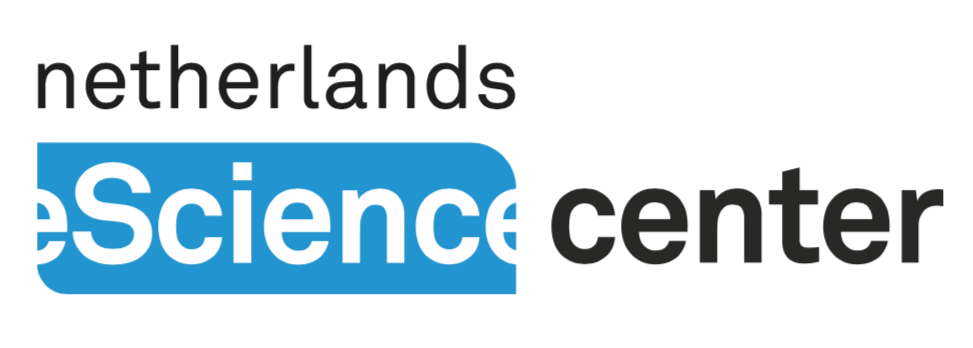About ReSA
The vision of the Research Software Alliance (ReSA) is that research software and those who develop and maintain it are recognised and valued as fundamental and vital to research worldwide.
A wide range of research software organisations and programs exist internationally to address the varied challenges in software productivity, quality, reproducibility, and sustainability. ReSA aims to coordinate across these efforts to leverage investments, to achieve shared goals. The ReSA Strategic Plan provides details. The ReSA engagement plan contains more information on how community engagement occurs. Also available is our 2024 Community Report and overview of ReSA.
ReSA is a fiscally sponsored project of Code for Science & Society and led by the ReSA Steering Committee.
Members of the ReSA community are expected to adhere to the ReSA Code of Conduct.
To cite our organisation please refer to The Research Software Alliance (ReSA), by Daniel S. Katz and Michelle Barker, 2023, doi.org/10.54900/zwm7q-vet94.
Why ReSA?
Software is pervasive in modern research, enabling the generation, analysis and/or presentation of research outputs. Research software is a key driver of innovation and the economy. ReSA focuses on software that is developed to serve a research purpose, rather than the standard software that some researchers also use for research purposes.
While software has started to be recognised internationally as a key part of facilitating trusted, reproducible research outputs and open science, recognition of research software as a valuable research input and output has lagged behind that of research data. AI-driven research is also dependent on software, although it is not always adequately understood that data preparation and model training are performed by software, and that models are implemented in software.
Significant effort is still needed to influence culture change towards research software across a broad spectrum of stakeholders, including researchers, institutions, funders, and publishers, and to develop and promote standards for developing research software that meets the needs of reliable, reproducible, and reusable research.
Research software is defined by Barker et al (2022) in the FAIR for Research Software Principles as including “source code files, algorithms, scripts, computational workflows and executables that were created during the research process or for a research purpose. Software components (e.g., operating systems, libraries, dependencies, packages, scripts, etc.) that are used for research but were not created during or with a clear research intent should be considered software in research and not research software. This differentiation may vary between disciplines."
The roles of research software have also been described by Rob van Nieuwpoort and Daniel S. Katz (2024) as follows:

Financial Information
ReSA is supported by the community through:
- Organisational Members
- Project grants
- Founding Members
- Task force support
- Donations
ReSA’s operations are supported through a combination of financial and in-kind contributions from Founding Members, Organisational Members, and project grants. These resources primarily sustain a part-time Director and a part-time Program Manager, who lead the ReSA community and facilitate its activities.
An overview of ReSA income and expenditures is available for review. Our grants are also available on Open Grants.
Founding Members
In 2022 ReSA announced six Founding Members. Founding Members express their deep commitment to the ReSA vision that research software and those who develop and maintain it are recognised and valued as fundamental and vital to research worldwide. To do this, they provide resources needed to support ReSA in its aim to bring research software communities together to collaborate on the advancement of the research software ecosystem.






































